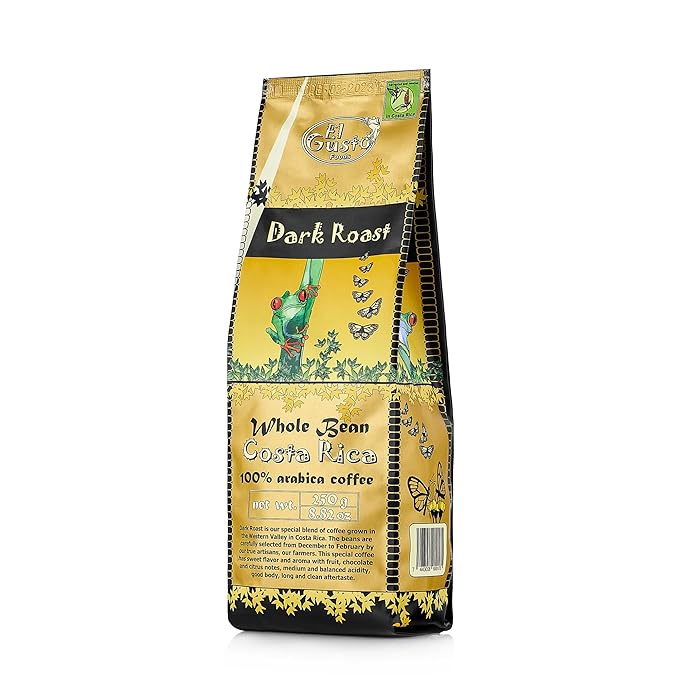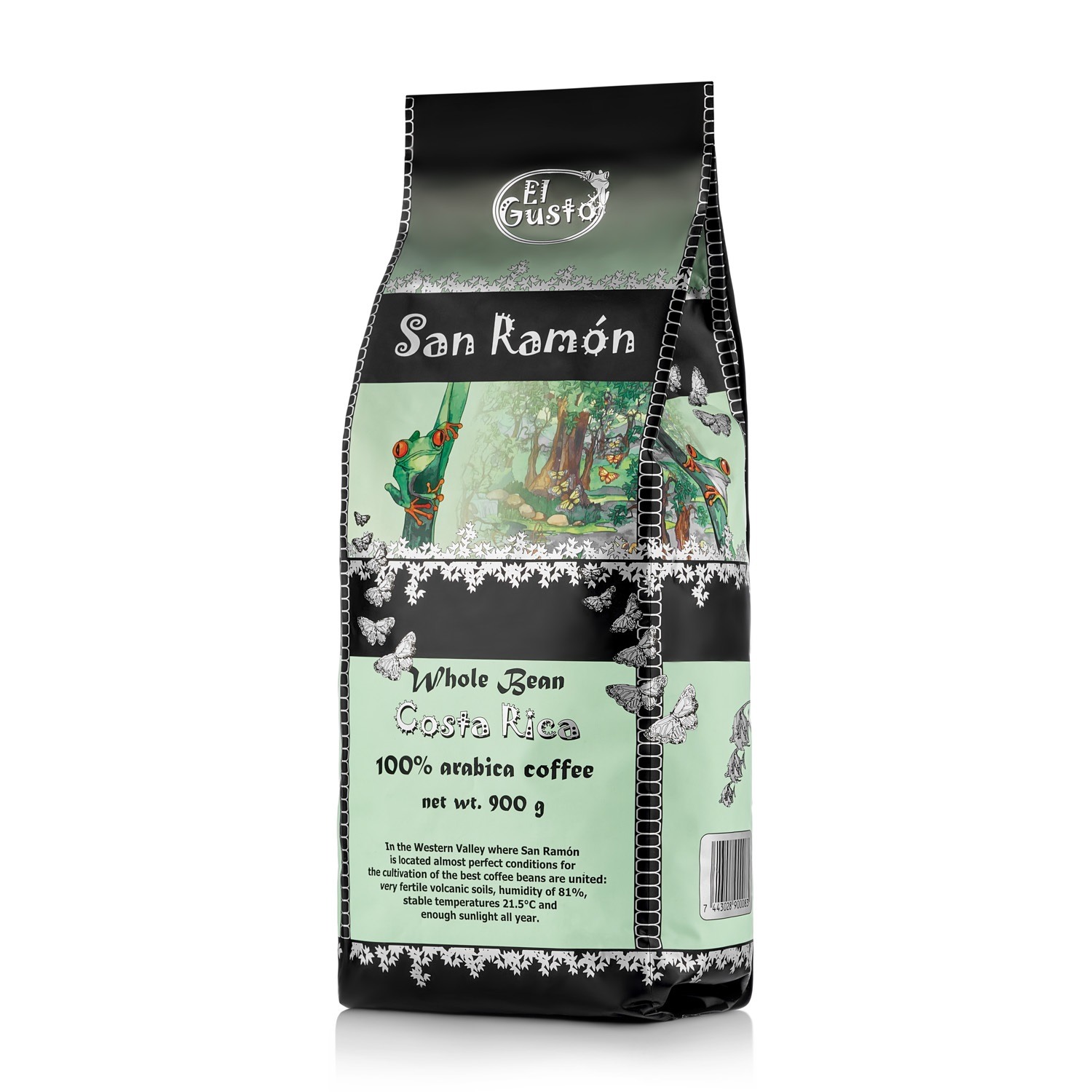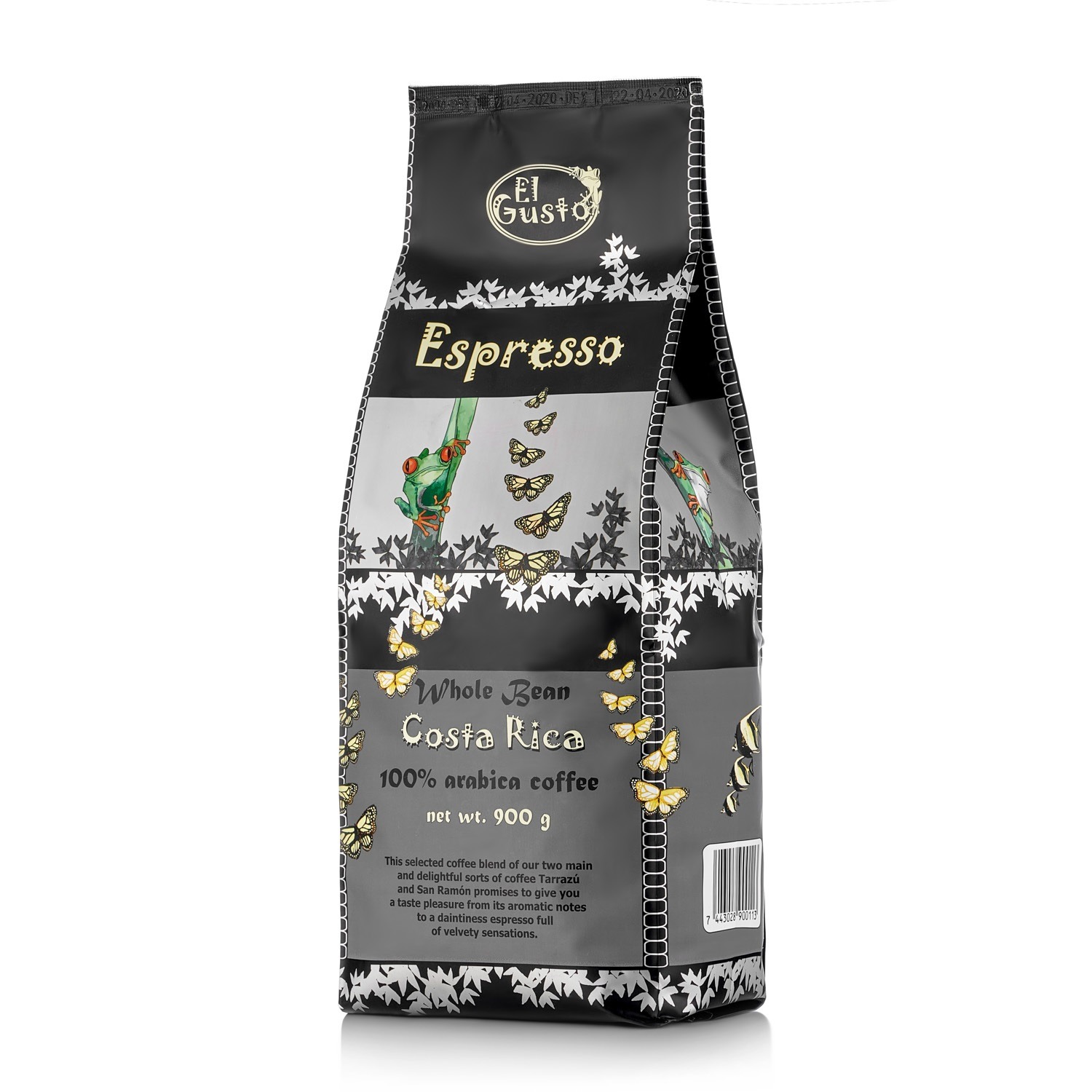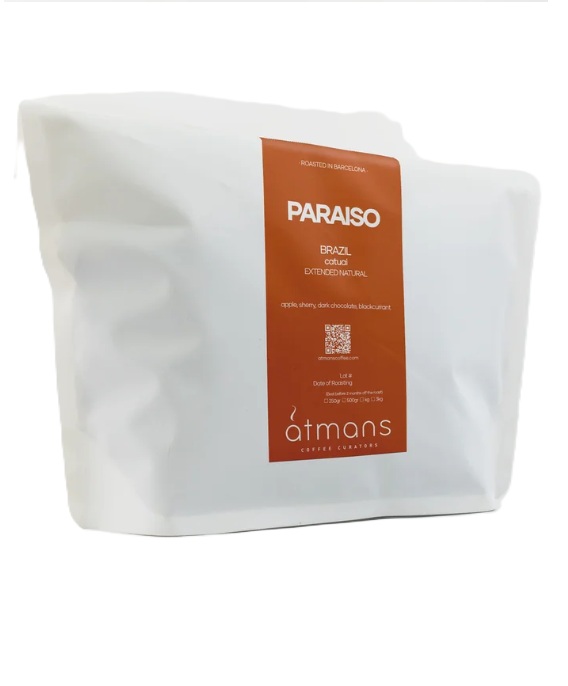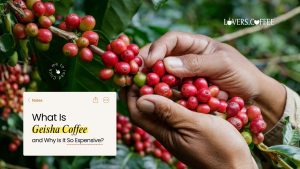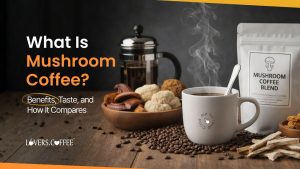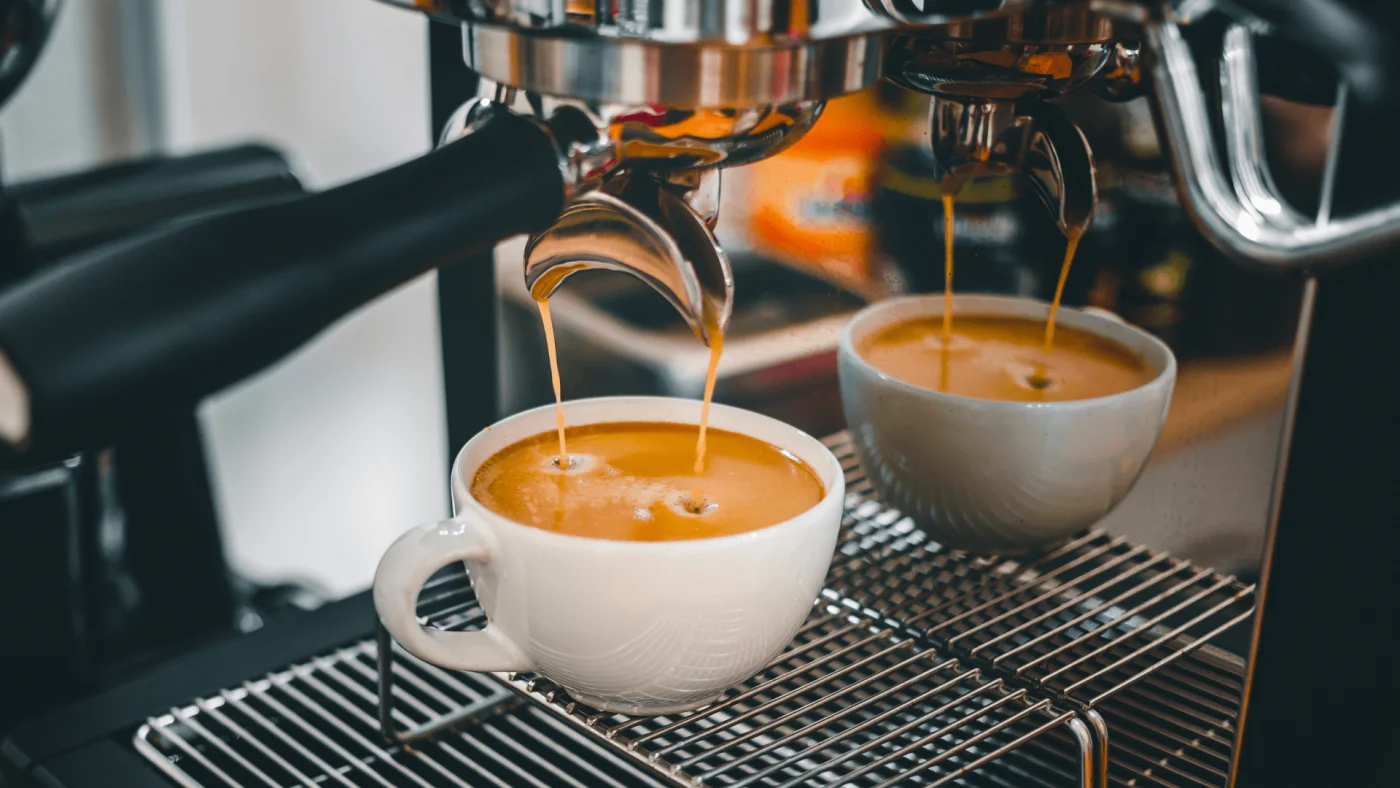
What is Coffee Extraction and Why Does it Matter?
What is Coffee Extraction and Why Does it Matter?
- Adam Smith
- 04-09-2024
- 23-07-2025
- 1442 views
- coffeepedia

When it comes to brewing the perfect cup of coffee, extraction is one of the most important concepts to understand. Coffee extraction refers to the process of pulling soluble compounds from coffee grounds into water, which is what gives coffee its flavor, aroma, body, and balance. It’s a delicate process that involves various factors such as time, temperature, grind size, and water quality. Get any of these wrong, and your coffee can go from heavenly to undrinkable.
In this blog, we’ll dive into the details of coffee extraction, how it works, why it matters, and how you can master it for the perfect brew every time.
What is Coffee Extraction?
At its core, coffee extraction is a chemical process that dissolves soluble compounds from the coffee grounds into hot water. These compounds include acids, sugars, oils, and aromatic molecules that contribute to the taste and overall experience of your cup of coffee. The process of extraction determines whether your coffee will taste balanced or overly bitter or sour.
There are three main stages of coffee extraction:
- Early Extraction: This is when the water first interacts with the coffee grounds. The soluble compounds that dissolve during this stage are mainly acidic and give coffee its sharp, tangy flavors.
- Mid Extraction: This is where the majority of flavor compounds, including sugars and aromatic compounds, are extracted. This stage is crucial as it adds sweetness, complexity, and depth to the coffee.
- Late Extraction: In the final stage, the remaining soluble compounds, mostly bitter ones, are pulled from the grounds. While bitterness is a natural part of coffee, too much of it can overpower the more desirable flavors.
The key to perfect coffee extraction is finding the right balance between these stages. Under-extracted coffee can taste too sour and lack complexity, while over-extracted coffee can be bitter and harsh.
Factors That Affect Coffee Extraction
Several factors influence the quality and balance of coffee extraction. Here’s a closer look at some of the most critical elements:
- Grind Size: The size of the coffee grounds is one of the most significant factors in the extraction process. A finer grind exposes more surface area of the coffee to water, resulting in faster extraction. Conversely, a coarser grind slows down the extraction process. For example, espresso uses fine grounds for a quick, intense extraction, while French press coffee requires a coarser grind for a slower, more even extraction.
- Brew Time: Brew time refers to how long the coffee grounds are in contact with water. A shorter brew time extracts fewer compounds, which can lead to a sour or weak cup. On the other hand, brewing for too long can result in an overly bitter and unbalanced cup. Finding the right brew time is key for different brewing methods. For example, espresso typically brews in 25-30 seconds, while a pour-over might take 3-4 minutes.
- Water Temperature: The temperature of the water directly affects how quickly the coffee compounds dissolve. Too hot, and you risk over-extraction; too cold, and the coffee will be under-extracted. The ideal water temperature for most brewing methods is between 195°F to 205°F (90°C to 96°C).
- Coffee-to-Water Ratio: The ratio of coffee to water is essential for proper extraction. Too much water and not enough coffee can lead to over-extraction, while too little water with too much coffee can result in under-extraction. A common coffee-to-water ratio for pour-over is 1:16, meaning for every gram of coffee, use 16 grams of water.
- Agitation: Agitation refers to how the water interacts with the coffee grounds during brewing. Stirring or swirling the coffee during brewing can help ensure even extraction by allowing the water to come into contact with all of the grounds. However, too much agitation can disrupt the extraction process and lead to undesirable flavors.
- Water Quality: The quality of the water you use can also impact extraction. Coffee is 98% water, so impurities or differences in mineral content can affect how the soluble compounds dissolve and interact with your brew. Soft water can under-extract coffee, while hard water can over-extract certain compounds. Using filtered water that balances minerals is usually the best option.
Why Coffee Extraction Matters
Understanding and mastering coffee extraction is the key to consistently brewing great coffee. Here’s why extraction is so important:
- Taste Balance: A properly extracted coffee is well-balanced, offering the perfect combination of sweetness, acidity, bitterness, and body. When extraction is off, coffee can taste either too sour (under-extracted) or too bitter (over-extracted). Striking the right balance is essential for enjoying a flavorful and complex cup of coffee.
- Customization: Knowing how to manipulate extraction variables gives you the power to fine-tune your coffee to your taste. Whether you prefer a bright, acidic cup or a deeper, more robust flavor profile, controlling extraction allows you to tailor your coffee to your preferences.
- Maximizing Flavor Potential: Each coffee bean carries its own set of unique flavors, influenced by factors like the origin, roast level, and processing method. Proper extraction helps unlock these complex flavors, ensuring that you’re getting the most out of your beans. This is especially important for specialty coffee, where subtle flavors and aromas are highly prized.
- Avoiding Waste: Poor extraction can waste the potential of high-quality coffee beans. If you’ve invested in premium beans, mastering extraction ensures that you’re not throwing away money by ending up with a cup that doesn’t showcase the coffee’s full potential.
Tips for Improving Coffee Extraction
Achieving perfect coffee extraction can be tricky, but with practice and attention to detail, you can improve your coffee brewing skills. Here are some practical tips:
- Use a Scale: Precision is crucial in coffee brewing. Using a digital scale to measure both your coffee and water will ensure that you have the proper coffee-to-water ratio every time.
- Experiment with Grind Size: The grind size can make or break your extraction. Experiment with different grind sizes depending on your brewing method to find what works best for you. Remember, a finer grind results in faster extraction, while a coarser grind slows it down.
- Control Brew Time: Pay attention to your brewing time and adjust based on your taste preferences. If your coffee is too sour, try increasing the brew time slightly. If it’s too bitter, reduce the time.
- Keep Water Temperature Consistent: Using a thermometer or an electric kettle with temperature control can help ensure that your water is always in the ideal temperature range. Consistent temperature control will lead to more predictable extraction results.
- Stir or Swirl for Even Extraction: When brewing coffee, stir or swirl the coffee bed gently to ensure that the water evenly extracts the coffee grounds. This is especially important for methods like French press and pour-over.
The Final Brew
Mastering coffee extraction is essential for creating the perfect cup of coffee. It requires a balance of variables—grind size, brew time, water temperature, and coffee-to-water ratio—that can significantly affect the final flavor of your coffee. Once you understand these principles and learn how to control them, you can elevate your coffee experience to new heights, enjoying better-tasting and more satisfying coffee every day.
Whether you’re brewing at home or working in a coffee shop, perfecting your extraction technique will help you get the most out of every cup and ensure that your coffee always tastes as good as it should.








